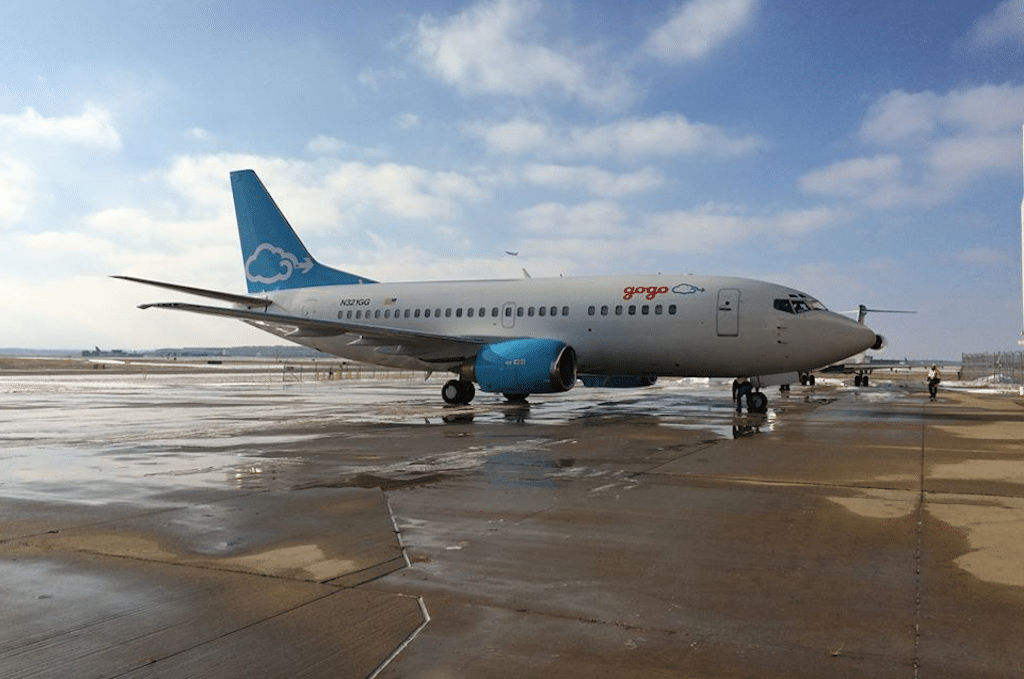Gogo Wi-Fi Gets More Expensive But Free In-Flight Internet Models Emerge

Skift Take
Airlines such as Delta and JetBlue are finding ways to offer free Wi-Fi products to their customers and that could become the norm as in-flight Wi-Fi becomes pervasive.
Gogo Inc., like other in-flight Wi-Fi providers, faces capacity constraints -- too many passengers trying to get online with too-little bandwidth -- so it has a coping solution: raise rates to discourage usage.
Gogo CEO Michael Small said today that's why the company's average revenue per passenger session rose more than $1 in the fourth quarter of 2014.
Considering the fact that some Gogo customers, such as Delta, offer some Wi-Fi entertainment products that are free, it is certain that many paying airline passengers saw their rates rise a lot more than a

